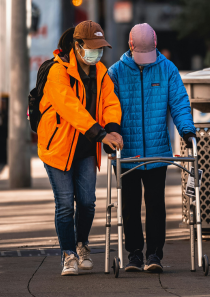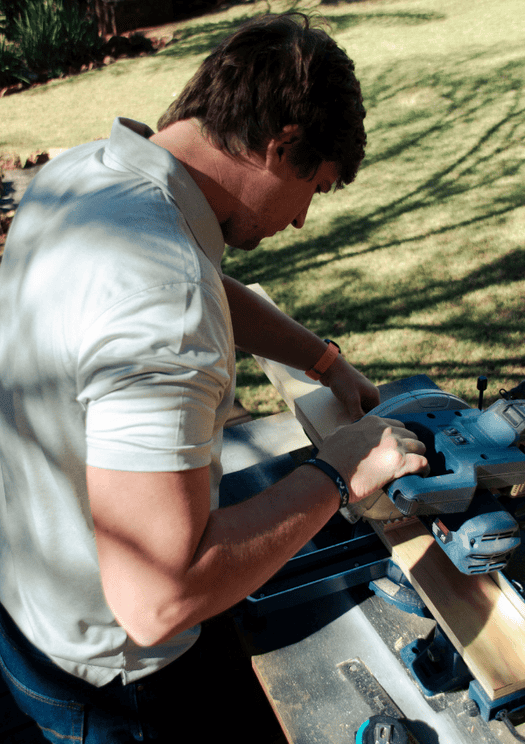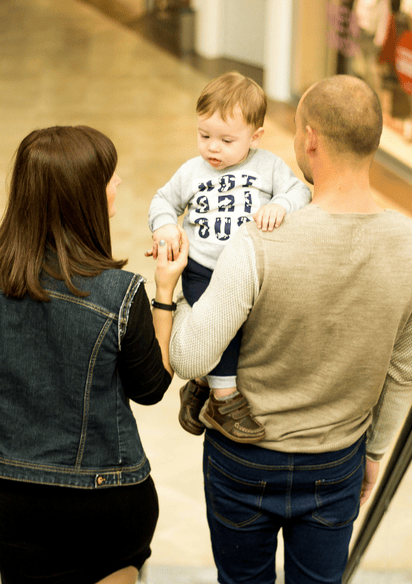Latest

How a migrant care worker won a rare legal victory for thousands in interim relief
Our client paid eye-watering illegal hiring fees to a recruiter in India to secure a job as a care worker in the UK, only to find no work or pay when he arrived.
Read moreRead more
How we helped a hard-working handyman challenge unfair dismissal
Like millions of people in precarious work, Jorge* was employed on rolling fixed-term contracts. When he was abruptly made redundant, we helped Jorge fight for his rights.
Read moreRead more
Under pressure: The difficulties facing those on the Ukraine Family Scheme
Like many refugees on the Ukraine Family Scheme, the UK's housing crisis left Maryna* and her two children on the brink of homelessness, struggling to access housing benefits.
Read moreRead more
Left behind: How two cleaners challenged unfair dismissal when a company changed hands
Gabriela* and Beatriz* were sent home from work - without warning or compensation - when their company went through a TUPE transfer, with the new company saying they weren't needed. So, we took them to the tribunal.
Read moreRead more
Battling misinformation as a new arrival on the Homes for Ukraine scheme
While people in the UK are working hard to welcome and support those fleeing the war in Ukraine, misinformation from sponsors and employers alike can cause unnecessary strain.
Read moreRead more